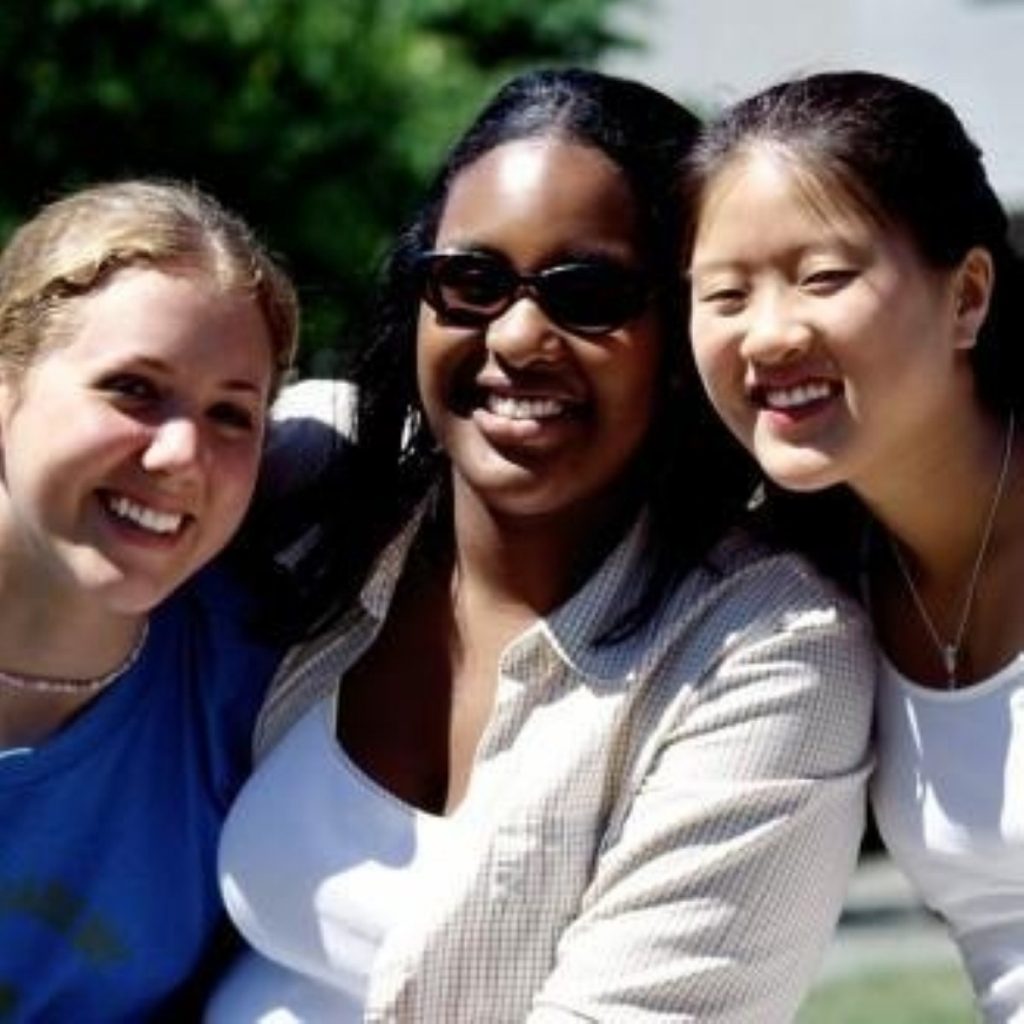A-level grades continue to rise
The number of A-level students receiving the top grade has increased for the 24th year in a row, official figures show.
The proportion of A grades has increased from 22.8 per cent last year to 24.1 per cent – prompting the annual concern that the exams are being ‘dumbed down’.
Data from the Department for Education and Skills (DfES) reveals that the overall pass rate – people attaining grades A to E – has also risen from 96.2 per cent to 96.6 per cent.
But schools minister Jim Knight defended the higher grades, saying: “We no longer have the quota system of 20 years ago which imposed a false cap on attainment and condemned 30 per cent of pupils to failure each year no matter what their achievements.


“Today, hard work merits success and high quality teaching is enabling every young
person to grasp the opportunities available to them.
“As more do so, we should welcome that and take the same pride in the achievements of our young people as they do in every other country where similar rises have occurred in the past 20 years.”
Teaching associations were similarly supportive – Naswut union general secretary Chris Keates urged that students “just for once” be allowed to enjoy their results without excessive scrutiny, and the Association of Colleges also praised the higher grades.
“Higher pass rates are the result of better teaching, better student choices and better exam practice – not grade inflation,” argued director of learning and quality Maggie Scott.
However, the annual debate about whether A-levels are still the gold standard continues – although a new vocational qualification is due to be introduced from 2008 as alternative to A-levels and GCSEs, many argue this does not go far enough.
“It’s not a matter of A-levels being dumbed down, it’s that they are too narrow,” said Liberal Democrat education spokeswoman Sarah Teather.
“Students and teachers are working very hard and achieving outstanding results in very specific and restricted fields of study.”
This year the traditional subjects remain the most popular – almost 30,000 more students took English than the next most popular subject, maths, while there were also a high number of entries for biology, psychology and history.
Mr Knight welcomed the number of people taking maths but said it was “concerning” how few people were taking sciences.
Analysis from the Royal Society shows that just 28,119 people took physics last year, compared to 43,416 in 1991, while the numbers taking chemistry also fell by 12.6 per cent over the same period.
The government has pledged £30 million to improve the take-up of science, and Mr Knight said he was “confident” this would have an effect, but today Royal Society president Martin Rees warned it was a “Herculean” task.
“At stake is our next generation of highly skilled scientists, technologists, engineers and,
crucially, teachers,” he warned.









